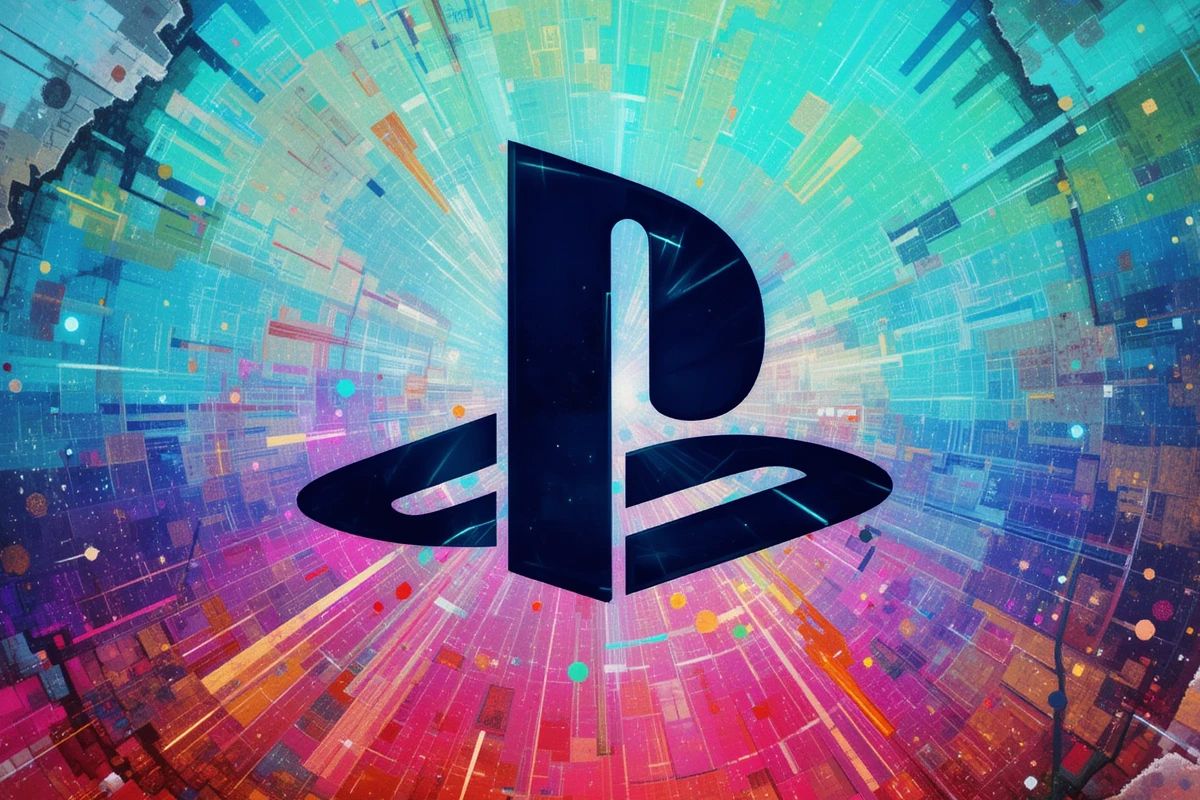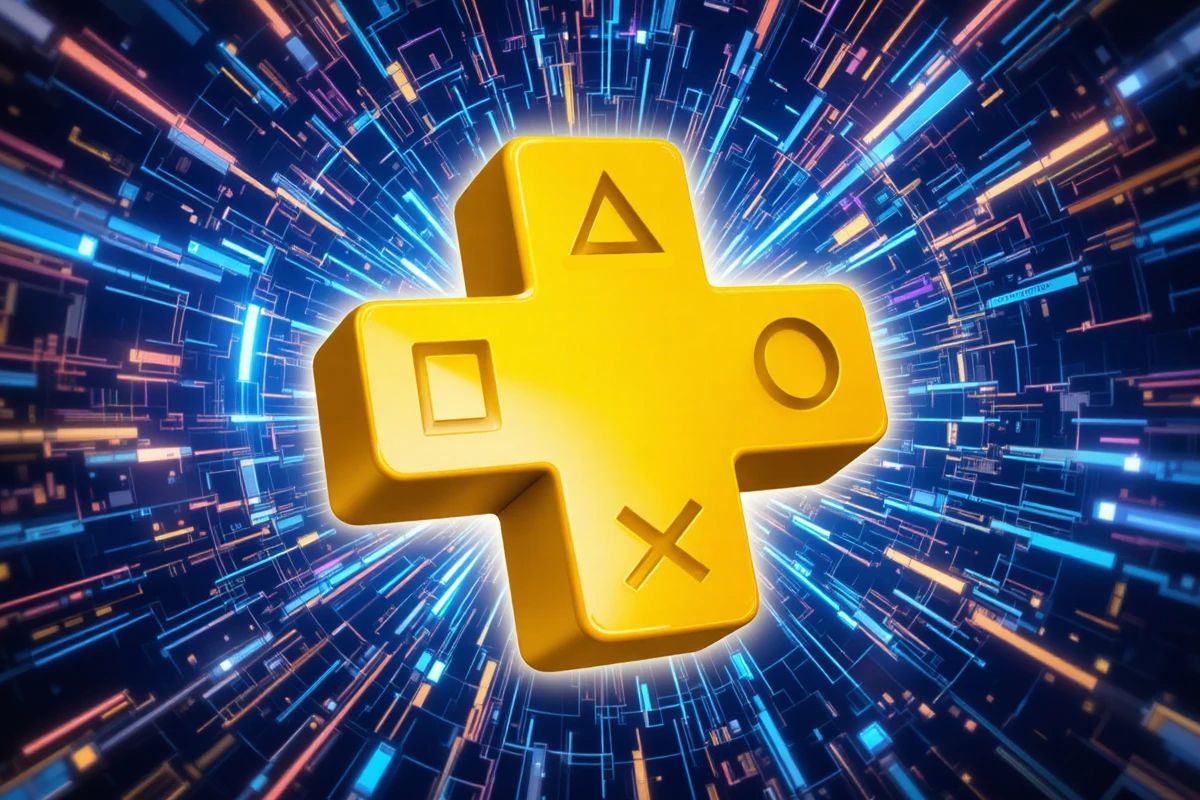30 Years of Playstation: The Best-Selling Games Ranking Is Out — and the Results Are Depressing
For three decades, PlayStation has shaped video game history with its iconic consoles and unforgettable franchises. But behind the legend, one burning question remains: which titles truly captured the hearts of the most players? Sales rankings reveal some surprises… and confirm a few obvious truths.
On September 9, 1995, the first PlayStation arrived in North America, nine months after its debut in Japan. Since that historic date, the PlayStation ecosystem has given birth to the best-selling console of all time, the PlayStation 2, while hosting some of the most legendary games ever created. Thanks to Circana’s data, we now know the ranking of the best-selling games across all generations of PlayStation up to July 2025. A panorama where timeless legends, iconic Sony exclusives… and a flood of Call of Duty titles intersect.

Image credit: Sony
Data that challenges conventional wisdom
Thanks to the detailed analysis from Circana, we finally know which titles generated the most sales in Sony’s gaming ecosystem, from September 1995 to July 2025. This data highlights fascinating — and sometimes surprising — trends in PlayStation players’ purchasing habits.
Mat Piscatella of Circana shares the top 20 best-selling games across PlayStation history for the US region.
Column 1 is ranked by revenue
Column 2 is ranked by units sold pic.twitter.com/DmCetQzZDs — Radec (@realradec) September 9, 2025
No surprise at the very top (when looking at units sold), two titans dominate: Grand Theft Auto V (#1) and Minecraft (#2). These giants not only reign on PlayStation, they also sit atop the charts across all platforms. Just behind them, Red Dead Redemption II (#3) stands tall as one of the most defining games of its generation.
Alongside them, Sony exclusives prove their strength: Marvel’s Spider-Man (#6) – recently added to PS Plus – The Last of Us (#13), and God of War 2018 (#14) showcase the narrative and technical mastery of Sony’s internal studios. But beyond these gems, the numbers are undeniable: the Call of Duty series alone fills nearly half of the top 20:
- Grand Theft Auto V
- Minecraft
- Red Dead Redemption II
- Grand Theft Auto: San Andreas
- Call of Duty: Modern Warfare (2019)
- Marvel’s Spider-Man
- Call of Duty: Black Ops III
- Call of Duty: Black Ops: Cold War
- Grand Theft Auto: Vice City
- Call of Duty: Modern Warfare II (2022)
- Call of Duty: Black Ops 6
- Marvel’s Spider-Man: Miles Morales
- The Last of Us
- God of War (2018)
- The Elder Scrolls V: Skyrim
- Call of Duty: Black Ops
- Rainbow Six: Siege [Tom Clancy’s]
- Call of Duty: Black Ops II
- Call of Duty: WWII
- Call of Duty: Black Ops 4
The Call of Duty hegemony: market strength or weakness?
A true juggernaut, the Call of Duty franchise appears here in every flavor: Modern Warfare, Black Ops, Cold War, and WWII. No matter the episode, the series continues to crush the competition with impressive consistency.
This overwhelming dominance raises important questions about the evolution of the gaming market. These annualized sequels keep cannibalizing a huge share of space available for other AAA productions, creating a worrying concentration effect. Just imagine what this army of talented developers could achieve if freed from Activision’s military machine to explore new creative horizons. A question worth asking, given that the industry already has enough Call of Duty to keep players busy for the next quarter century.
The missing legends that spark debate
Paradoxically, this ranking also evokes a certain melancholy among gaming enthusiasts. As John Linneman of Digital Foundry aptly points out: “Man, this list makes me sad. Most people playing games really only play the same few titles huh.”
His remark highlights the striking absence of landmark titles in gaming history such as Final Fantasy VII, Dark Souls, or the recent Clair Obscur: Expedition 33, which was praised by Neil Druckmann and Ryosuke Yoshida. Not to mention The Witcher 3, CD Projekt Red’s masterpiece that earned countless awards. These games, etched into collective memory, simply didn’t generate the same sales volumes as the giants above.
This gap reveals a truth: sales don’t always reflect a game’s cultural or artistic impact. The unforgettable experiences that defined the PlayStation DNA are conspicuously absent from this ranking dominated by a handful of blockbusters.









